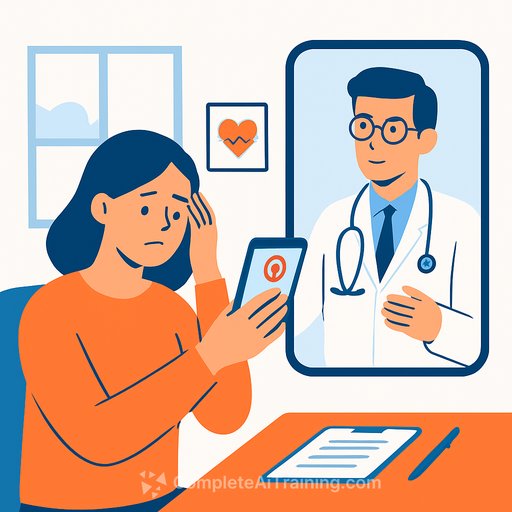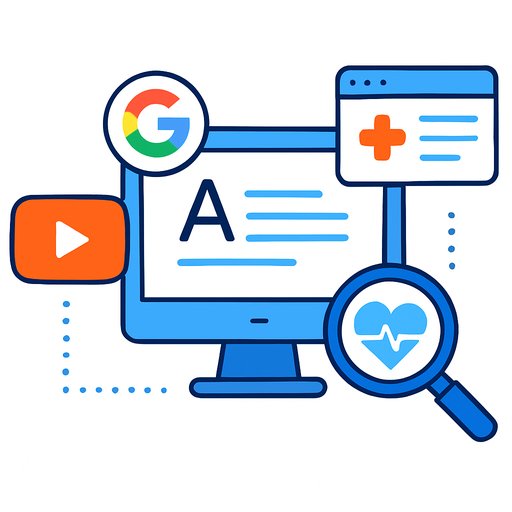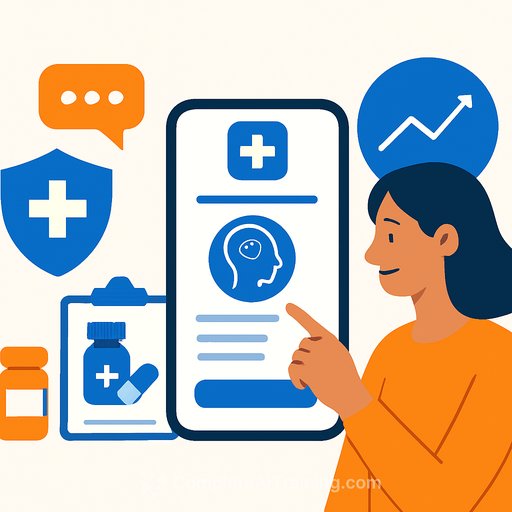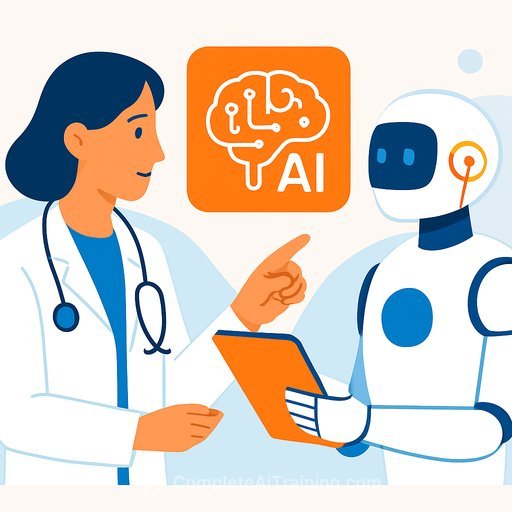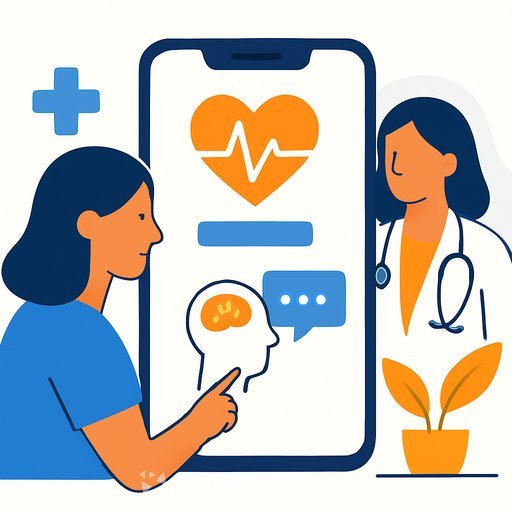New app uses AI to help patients remember appointment details
An Oxford-based company, Aide Health, has launched Mirror - an app that records in-person medical appointments and generates a clear summary patients can review and share with carers and family. The goal is simple: reduce missed instructions, improve recall, and make follow-up conversations easier.
Creator Ian Wharton called the platform a "really modern application of AI to solve a challenge that is this hidden risk in every healthcare consultation that we have." He built the idea around his dad's needs after early-stage Alzheimer's made it hard to remember what clinicians said during brief, high-stakes visits.
How Mirror works
Mirror listens during an in-person consultation and produces a detailed summary of what was said. Headings explain why the patient was there, what's planned next, and the reasons behind each step.
Early user Janette Alfrey said the result left her "quite stunned." "When friends and colleagues phoned up over the next couple of days asking what was going to happen, I could just send them a screenshot of what I was told. It saved me having to go through everything again."
Why this matters for care teams
- Reduces repeated explanations and call-backs by giving patients a shareable summary.
- Improves adherence by making instructions easy to find after the visit.
- Supports carers and family coordination without extra admin for clinicians.
Privacy, consent, and clinic policy
Ian Wharton said patients' data recorded by the app is "theirs, we don't do anything with it - we don't sell it, we don't give it to third parties." Still, clinics should set clear rules for any recording in the room and get explicit consent from everyone present.
- State your policy and confirm consent before recording begins.
- Define where summaries live (patient-held vs. clinical record) and who can see them.
- Plan for sensitive scenarios where recording may be paused or declined.
For general guidance on health data responsibilities in the UK, see the Information Commissioner's Office resources here.
Workflow tips for clinics
- Set expectations at check-in: if a patient plans to use an app, confirm consent with the clinician.
- Reduce background noise where possible to improve transcription quality.
- Encourage patients to review the summary before leaving and flag any critical corrections.
- Decide if and how summaries are referenced in follow-up communications.
Limitations to note
- Current version works during in-person consultations only.
- Audio quality and accents can affect accuracy; verification matters for safety-critical details.
- App summaries support - but do not replace - clinical documentation and discharge instructions.
What's coming next
Wharton described the current app as passive - it listens and summarizes. He said the future version will act more like an advocate: "it will chirp, it will speak out if it thinks there's something you should ask." That could help patients surface unasked questions and improve shared decision-making.
How to pilot this in your service
- Choose one clinic or condition pathway where recall gaps are common.
- Define simple metrics: fewer post-visit calls, higher adherence, improved Friends and Family Test scores.
- Run a short trial with volunteers, review summaries for clarity, refine your consent and communication process.
Upskilling your team on AI in clinical workflows
If your service is exploring AI literacy, governance, and practical tools for patient communication, you can find curated options by job role here.
Patients forget a lot after a stressful appointment. Tools like Mirror give them a second chance to absorb instructions - and give clinicians a simple way to keep everyone on the same page.
Your membership also unlocks:

